Does anyone know why I get such different performance when running this code on Java 8 and Java 11?
Without using any runtime flags, it appears that this code runs significantly slower under Java 11 compared to Java 8.
import java.util.Date;
public class PerformanceExperiment {
public static volatile String s = "";
public static void main(String[] args)
{
System.out.println("Starting performance test");
String s1 = "STRING ONE";
String s2 = "STRING TWO";
long now1 = (new Date()).getTime();
for (long i = 0; i < 1_000_000_00; i++)
{
s = "abc " + s1 + " def " + s2;
}
long now2 = (new Date()).getTime();
System.out.println("initial block took " + (now2 - now1) + "ms");
for (long i = 0; i < 4_000_000_00; i++)
{
s = "abc " + s1 + " def " + s2;
}
long now3 = (new Date()).getTime();
System.out.println("Main block took " + (now3 - now2) + "ms");
}
}
I have tried numerous command line flags but have not managed to find anything that matches the Java 8 performance.
I have only tested this on Windows so it could behave differently on other operating systems.

